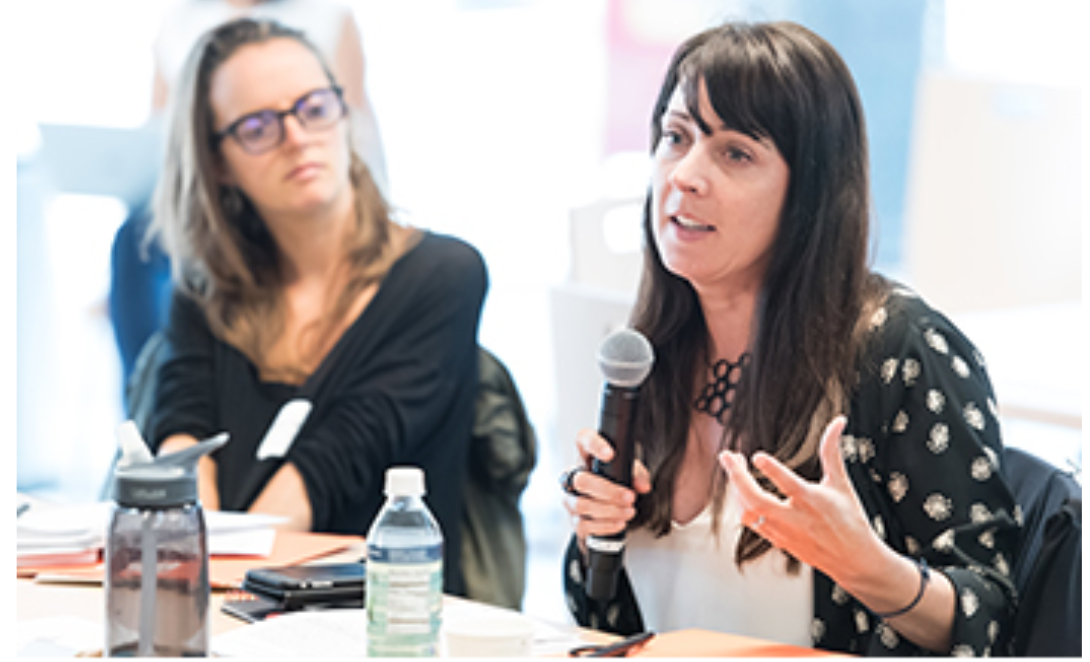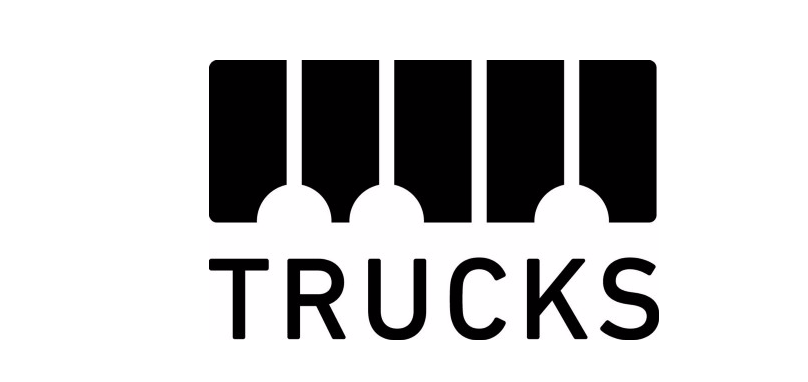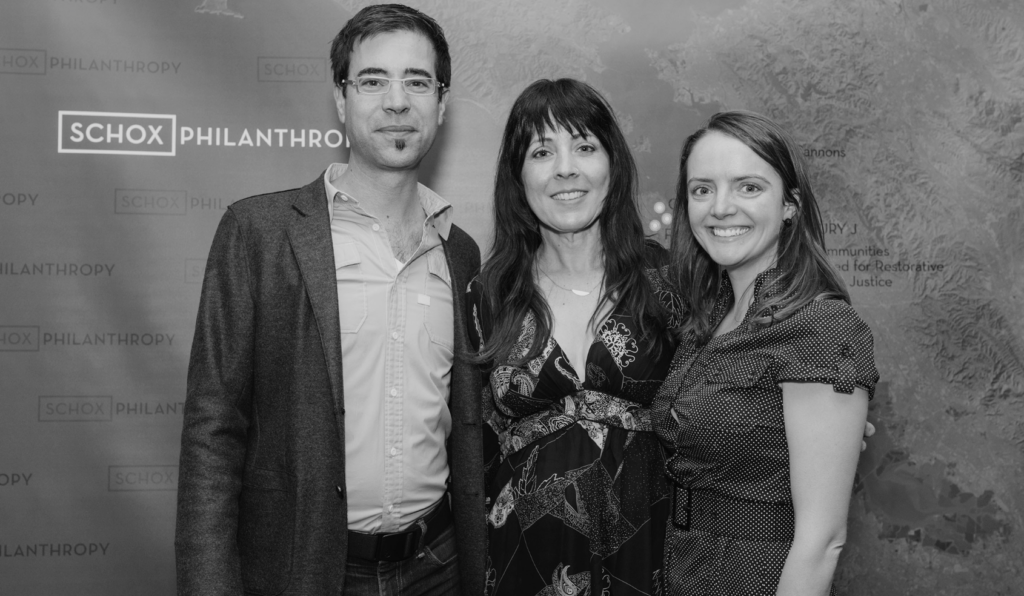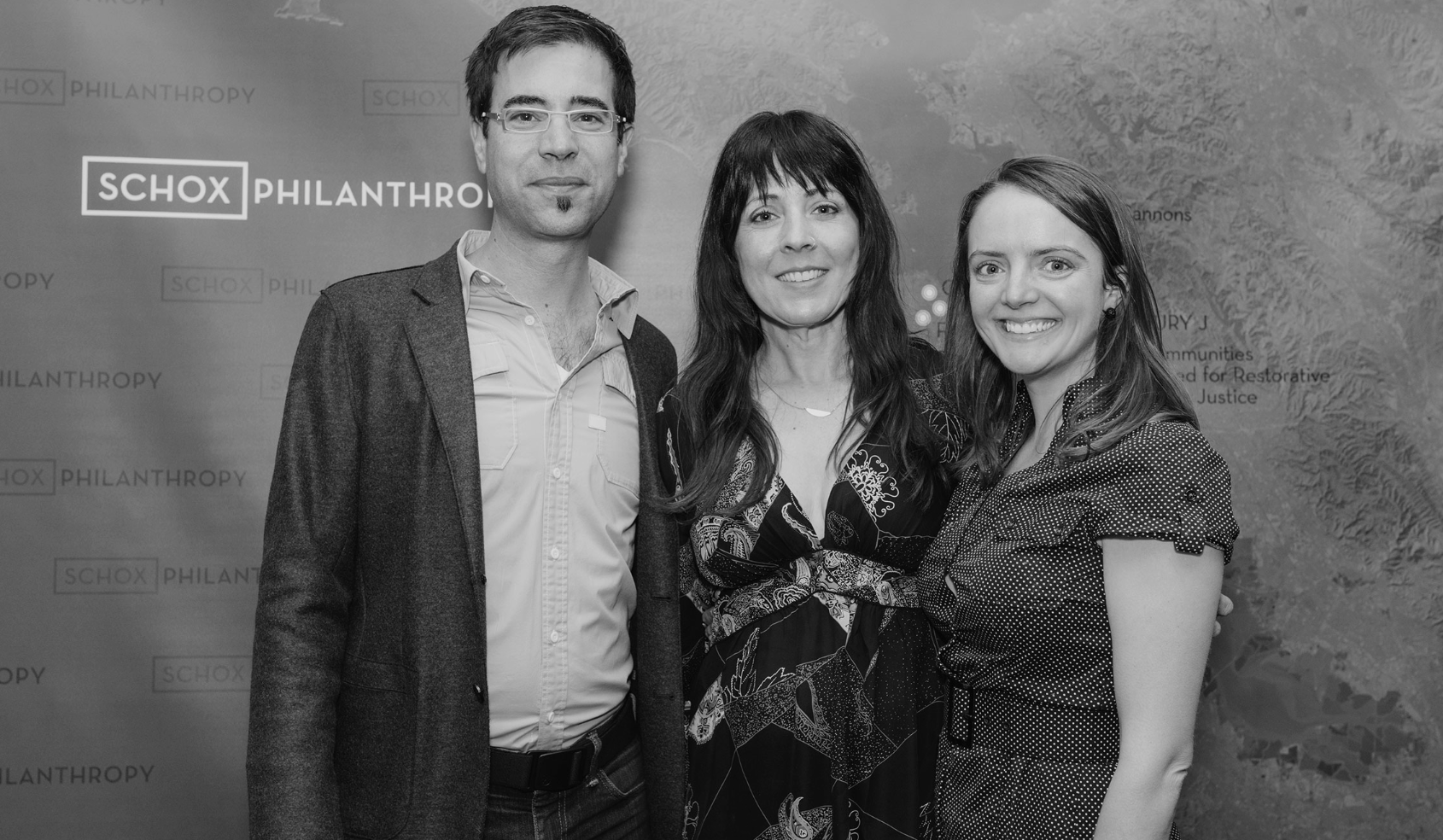From high-speed trains to sleek electric cars to supersonic jets, hundreds of transportation innovations have been made throughout the twentieth century. How people travel to work is more than just a clever combination of gears and wheels – it’s a living collage of inspiration, craftsmanship and engineering marvels. Just as the movement patterns of everyday life changes due to both current events and consumer preference, our methods of transportation must evolve as well. Leaders like Kate Schox are at the forefront of transportation innovation, and support the advancement of locomotion to create a greener, more accessible future for all.

Her journey begins with a Bachelor and a Masters in cultural anthropology from the University of Maryland, followed by a degree in education at the University of Michigan (‘03). During her education at Michigan, Kate focused her efforts on fostering creativity in the next generation as a teacher at the Ann Arbor School for Girls.
“I thought to myself ‘What do I really want to do with my life?’ and I decided I wanted to be a teacher like my parents,” Kate shared. “It was a wonderful opportunity.”
However, after her husband, Jeff Schox (BSE ‘94, MSE ‘04) founded a patent law firm in San Francisco, Kate’s focus pivoted to technological innovation.
“My husband started a law firm, and I started to work with him,” she said. “I did all the backend with the law firm – managing absolutely everything from editing to filing patents to human resources to taxes.”
The Schox Patent Group (frequently referred to as ‘Schox’) specializes in supporting entrepreneurial endeavors, ensuring property rights for inventions from all categories and sectors. As the firm grew, Kate assumed responsibility for supporting the business through both legal and administrative work.

“We wanted to give back to the community in two ways: through angel investing and through starting a non-profit organization, Schox.org.”
Schox.org aims to convert innovation into direct support for the local community. Select startup founders previously affiliated with Schox are invited to contribute equity to a combined pool of shares designed to support local organizations. After the company of any participant makes an exit, the money generated from the exit is distributed to local, Bay Area charities.
“I call it practicing philanthropy. Even if an investor doesn’t have an exit strategy in place, they still get to practice,”she said.
This combination of venture capital and philanthropy is unique and extremely promising. If adopted by other firms, the rippling change could make a world of difference in urban areas across the country. Today, Kate splits her workday between Schox Philanthropy and one of the organizations that fuels Schox.org philanthropic efforts: Trucks Venture Capital.
“Trucks invests in the future of transportation, and specializes in cleaner, safer, and more accessible,” she said. “We’re interested in anything from sensors on autonomous vehicles to a cleaner car wash.”

“We ask ourselves that question all the time: Is this cleaner, greener, or more accessible?”
Several companies from the Trucks VC portfolio are working to improve micromobility, a class of single-passenger transportation typically used for shorter trips. This could be a bike, electric scooter, or even motorized skateboard.
“I see a lot of potential in micromobility – in delivering the last mile of transportation,” she said. “You can use a plane or train for the majority of your journey, but the last leg from the station to your home might present a challenge.”
For college students or members of underserved communities who might not be able to afford a car, micromobility could be an affordable, quick transportation solution. In Ann Arbor, the Trucks VC portfolio company, Refraction AI, uses micromoblity to solve logistics issues through the deployment of autonomous delivery vehicles. These innovations are particularly valuable to those without a vehicle in cities, urban areas, and regions without adequate public transport.
“My passion is to get public transportation to a point where it can be profitable for cities, and equitable for passengers. In the United States, we are not there yet,” she said.
For short journeys, micromobility could supplement the public transport system, making it easier for students to get to class, for elderly people to see their grandchildren, and for society to reduce personal vehicle carbon emissions. Investment in shared transportation is the foundation for an equitable future with fewer emissions.
Kate’s career-long passion has been to improve the accessibility of transportation for those who need it most. In the future, she hopes to see continual improvement in public transportation systems and shared vehicles for the reduction of both costs and emissions. Her vision to use venture capital investments and startup equity donations for good is a revolutionary NGO model, and has created a collaborative environment that fosters both innovation and human welfare. Through her involvement with Schox.org, and investments in strategic transportation innovations, every move in Kate’s career has been for the greater good.
“I am an empath. Giving back, whether that’s investing in someone’s dream or in a non-profit, makes me feel great…it stokes my fire.”


